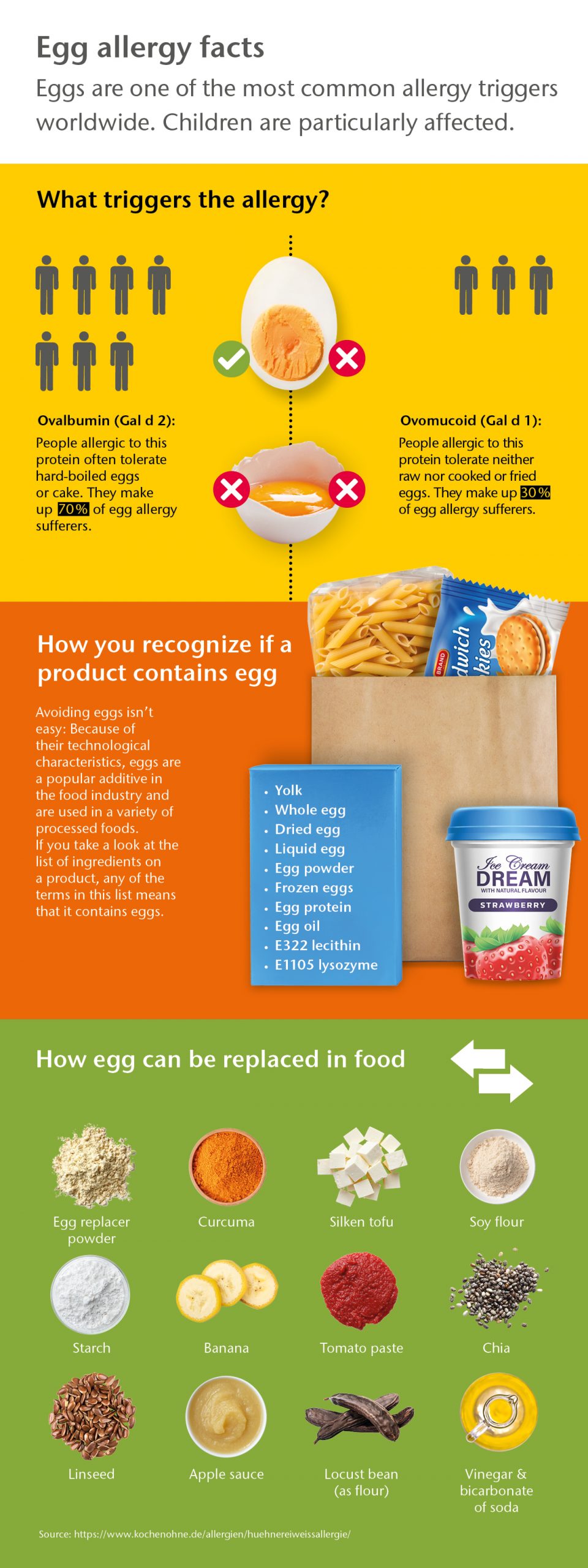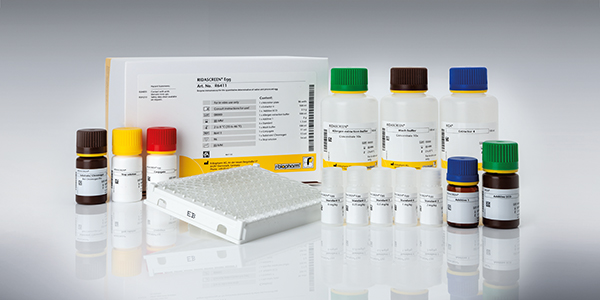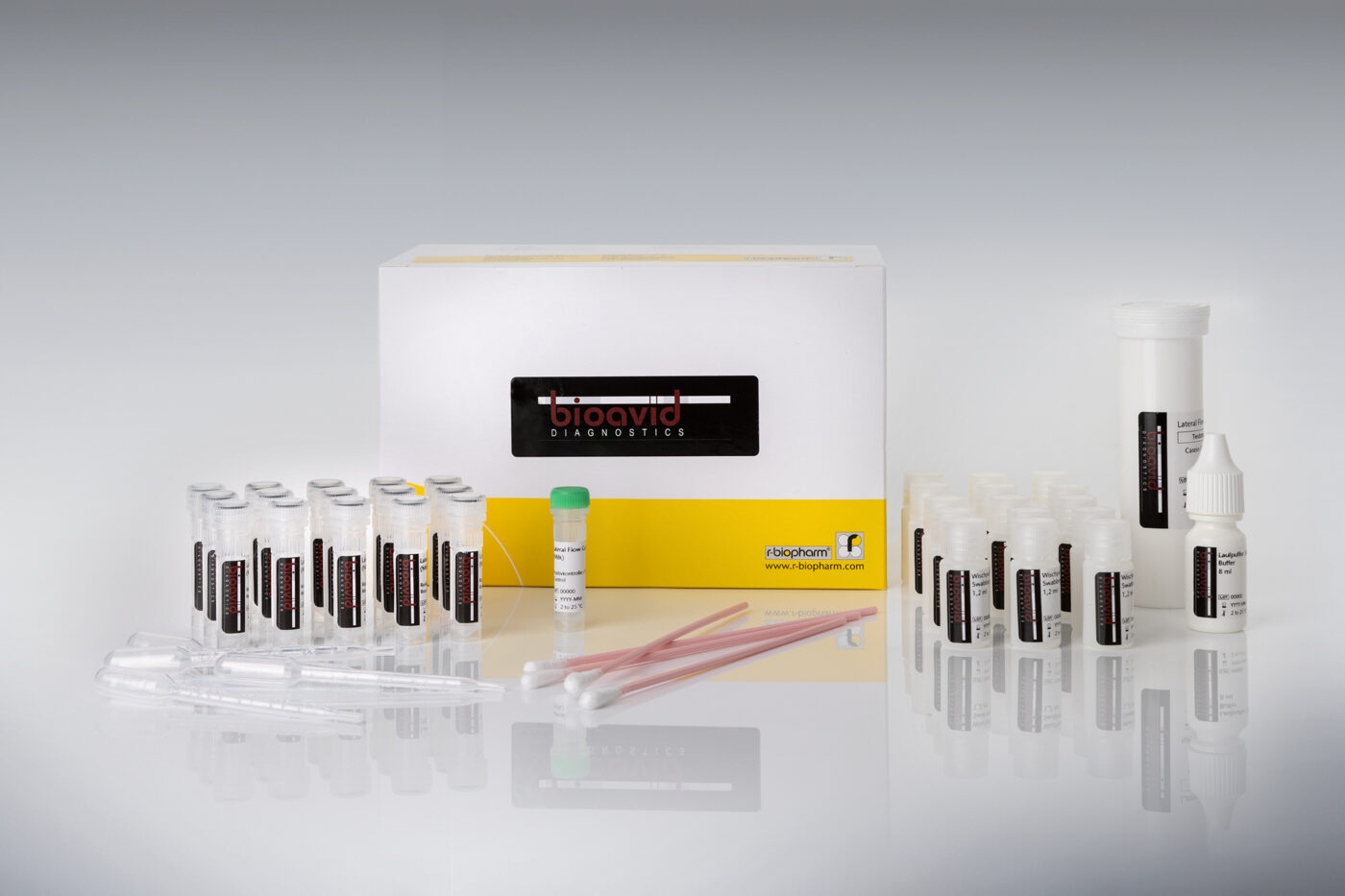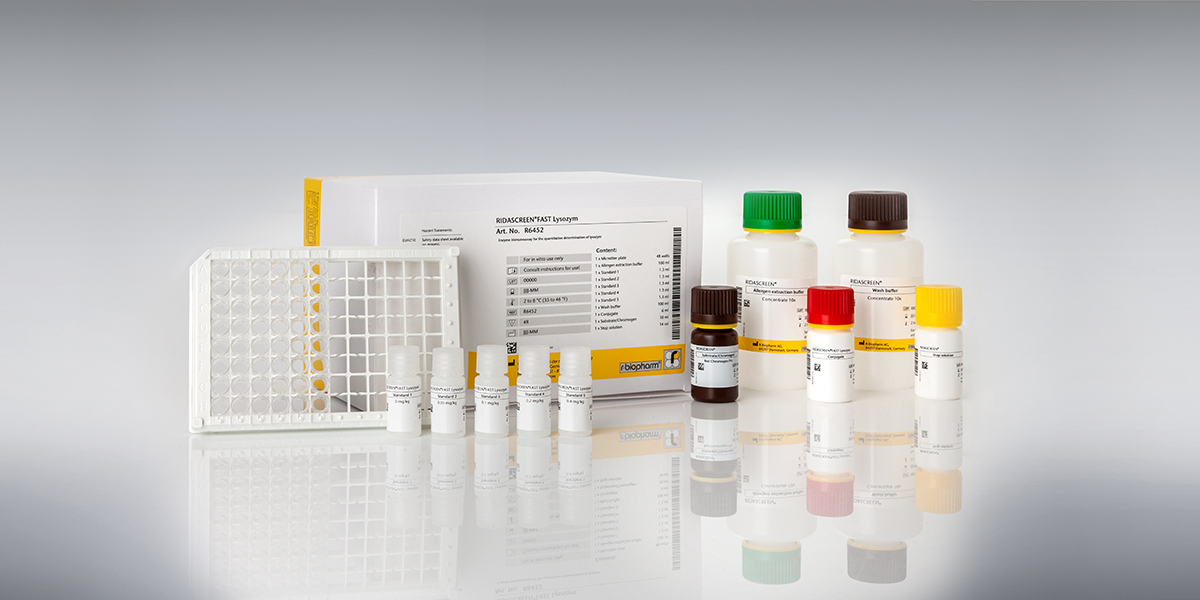
Recent news in Food & Feed Analysis
- Home
- /
- Egg-free Easter: How to...
Egg-free Easter: How to guarantee safe food for allergy sufferers

At Easter, eggs are served particularly often. But they are also a popular ingredient in many other dishes and processed foods — a challenge for allergic people.
Easter without eggs is hardly imaginable. But if you are allergic to chicken eggs, you will have to do without many Easter treats. Not only colored Easter eggs are banned, but also many cakes and desserts. Particularly problematic: Because of their technological characteristics, eggs are often used as additives in the food industry – whether as emulsifiers or binding agents, for a fluffy consistency or even for clarifying wine. “Hidden” eggs in food are therefore a major risk for allergic people. In order to protect affected people from the unintentional consumption of foods containing egg, a correct labelling on the list of ingredients is of great importance. However, it happens again and again that a foodstuff contains egg without this being labelled, as Jasmin Wolf explains in the video: https://www.youtube.com/watch?v=Y8MiUn_dOdwBesides the risk of undeclared allergens, there are other challenges for egg-allergic people. For example, not all egg-containing foods are equally dangerous for all allergy sufferers. Those who are allergic to the protein ovomucoid must avoid egg in any form, but those who are allergic to the heat-sensitive ovalbumin can usually tolerate hard-boiled eggs or baked goods containing egg. The following infographic shows what allergy sufferers have to consider when shopping and how chicken eggs can be replaced in cakes and pastries:
“Egg hunt“ made easy: Reliable detection of egg proteins in food
In order to avoid recalls due to unlabelled egg components, appropriate analyses are indispensable for manufacturers. The main difficulty with analysis is that the proteins in the egg are altered when it is heated or processed. In this form, they are no longer detectable for most test systems. The few available tests that are able to detect processed eggs are complex to perform and, in turn, not suitable for native egg protein. Now, a new test offers for the first time the possibility to detect egg proteins in both forms:
RIDASCREEN® Egg (Art. No. R6411)
- Reliable detection of native and processed egg proteins in food
- Easy to use
- Highly sensitive




